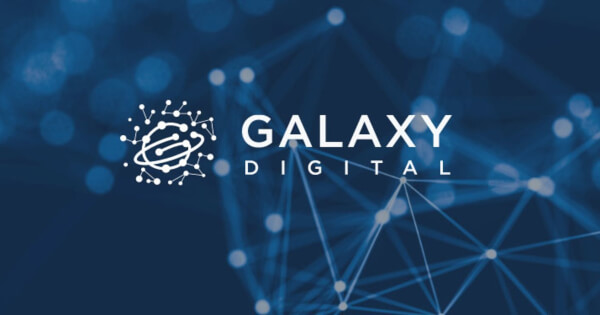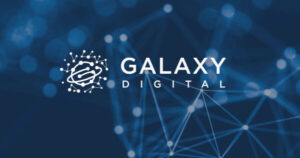Ethereum’s Latest Developments: ACDE Call #203 Highlights
By Rongchai Wang, Jan 17, 2025
On January 16, 2025, Ethereum’s brightest minds came together for the All Core Developers Execution (ACDE) Call #203, a vital bi-weekly gathering that plays a crucial role in shaping the future of Ethereum’s execution layer. Chaired by Tim Beiko from the Ethereum Foundation, this call was packed with valuable insights and vital updates that the Ethereum community will be keen to follow.

Fine-Tuning Pectra Devnet 5
One of the primary topics discussed was the newly launched Pectra Devnet 5. Parithosh Jayanthi, a Developer Operations Engineer with the Ethereum Foundation, flagged some challenges with gas estimation on the devnet. Not to worry, though! Further investigations are already in the pipeline, leveraging the Ethereum Research & Development Discord channel to crowdsource solutions from the community.
If you’ve ever wondered how real-time feedback can influence blockchain development, this call is a prime example. Such transparency and community engagement are what set Ethereum apart and highlight its commitment to an open-source evolution.
Diving into Pectra Specifications
Developers also scrutinized updates to the Pectra code specifications, which revolve around five key areas. EIP 7623 and EIP 7840 were hot topics as they addressed gas refund handling and adjustments to base fee fractions. An interesting clarification was made regarding EIP 7691, concerning the calculations of excess gas post-fork boundary using the new fork rules—changes that have already been tested and validated by the client developers.
These developments showcase Ethereum’s proactive approach to optimizing transaction costs, which can significantly enhance user experience and scalability.
Security First: System Contract Audit Insights
In a move that speaks volumes about Ethereum’s focus on security, Fredrik Svantes, an EF Protocol Security Researcher, revealed that third-party audits for Pectra’s system contracts have concluded without significant findings. This breeds a sense of assurance for developers and users alike, making Ethereum a more attractive landscape for developers considering building decentralized applications.
Tim Beiko laid out a timeline for upcoming testnet upgrades, eyeing February for both Sepolia and Holesky testnets, with the mainnet upgrades possibly rolling out by mid-March, contingent on successful test scenarios.
Adjusting Gas Limits and Standardization Discussions
The gas limit for the Holesky testnet was another topic of serious discussion, as developers set the default limit at 36 million—substantially higher than Ethereum’s mainnet limit. This adjustment allows developers to conduct pre-testing gas limit increases in a controlled environment.
However, the meeting also highlighted concerns regarding Ethereum’s JSON-RPC standardization. Geth developer Felix Lange urged for deeper discussions and proposed a dedicated breakout meeting to address these critical facets of Ethereum’s development framework. This call for open dialogue emphasizes the collaborative spirit necessary for managing a decentralized ecosystem.
Node Requirements on the Horizon
Kevaundray Wedderburn raised a noteworthy point regarding the specifications for minimum node hardware and bandwidth requirements. The distinctions made between validating nodes and full nodes underline the importance of informed participation in Ethereum’s network, reinforcing the need for robust discussions to refine such specifications.
Looking Forward: EIP Editors Workshop
Mark your calendars! An EIP Editors Workshop is slated for January 17, 2025, hosted by the Ethereum Cat Herders. This workshop aims to demystify the EIP editing process and encourages community involvement—a vital step toward fostering an engaged Ethereum community.
At Extreme Investor Network, we believe that keeping up with Ethereum’s development is crucial for investors, developers, and blockchain enthusiasts alike. As Ethereum evolves, these updates showcase not only its solid technological foundation but also the vibrant community that continuously pushes the boundaries of what blockchain can achieve. Stay tuned for more in-depth analyses and insights from our expert team.

